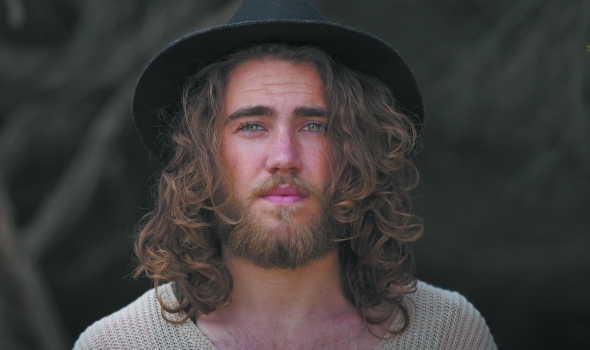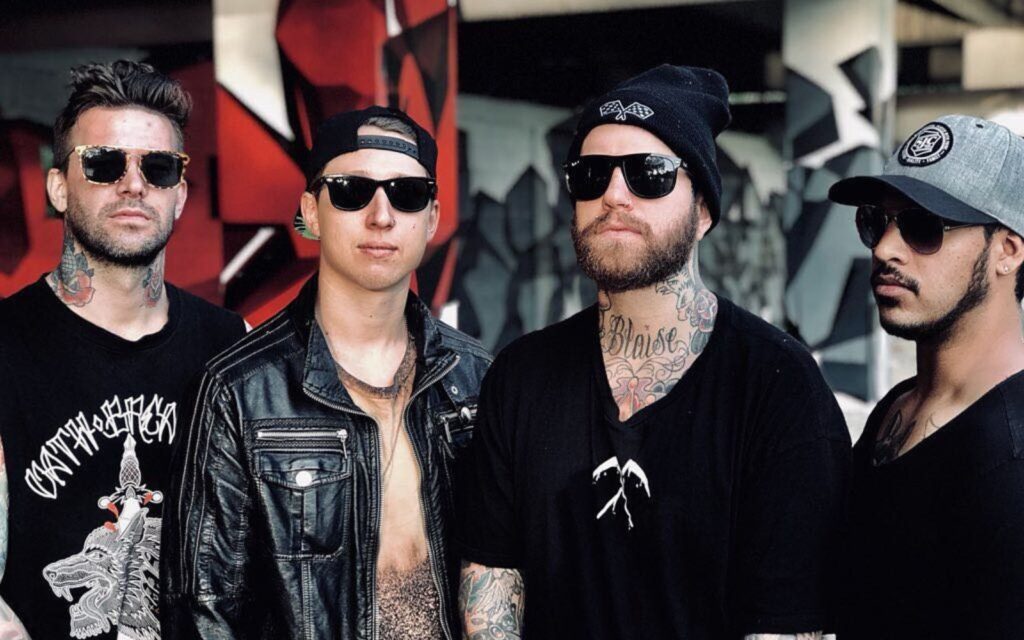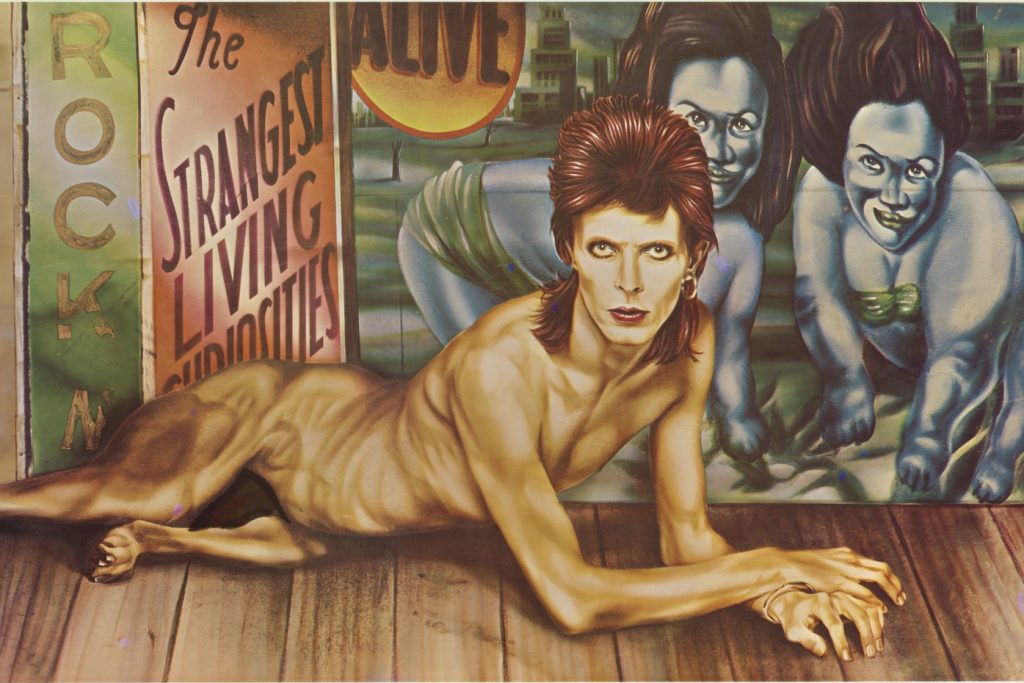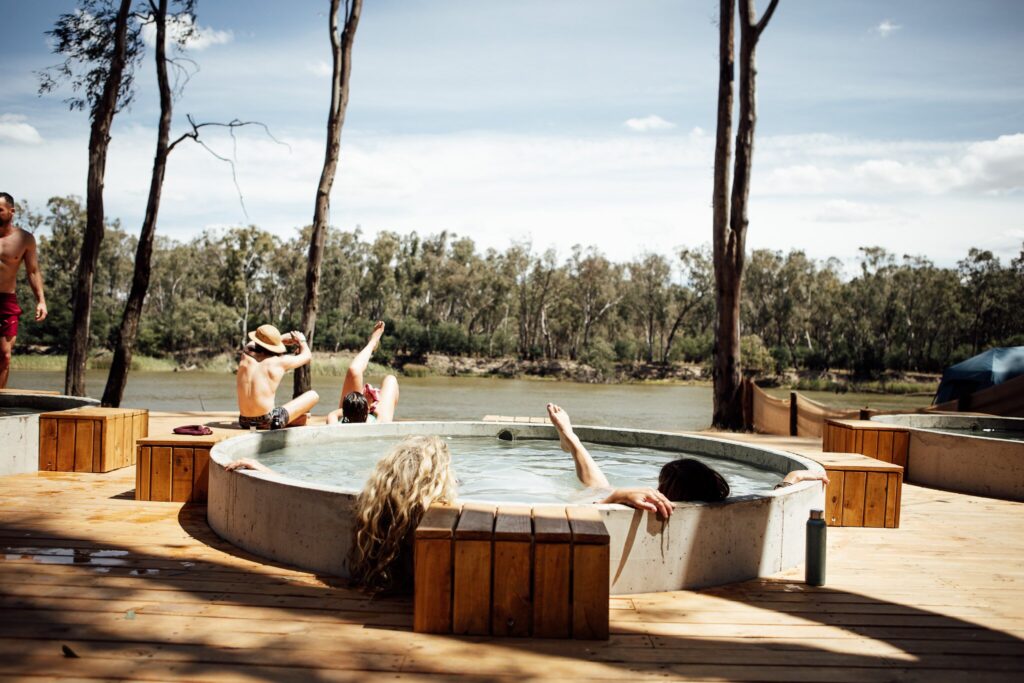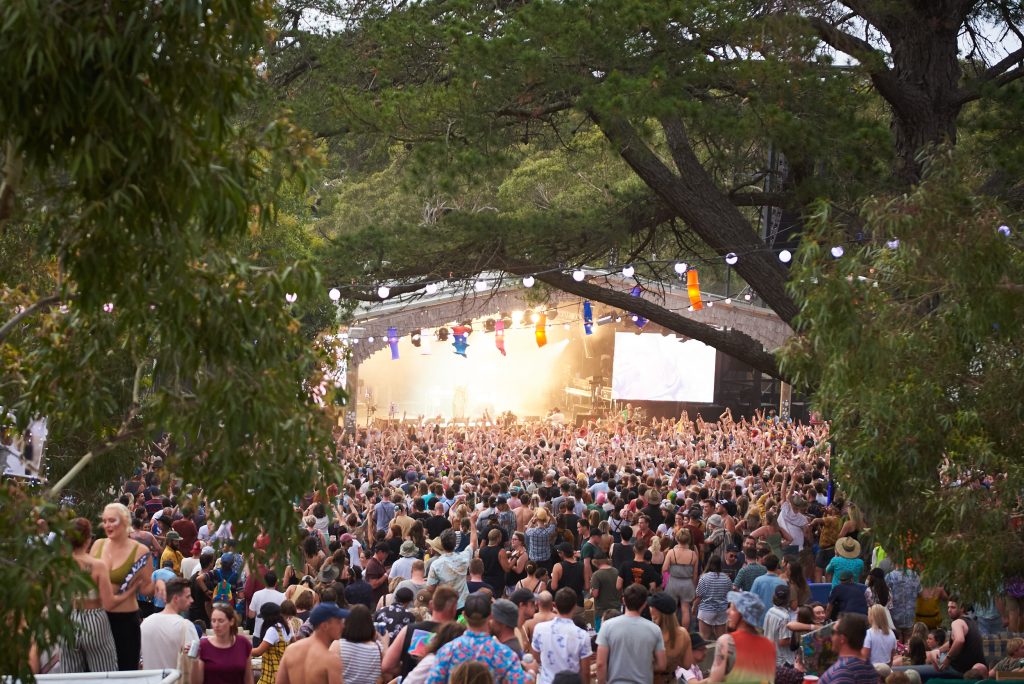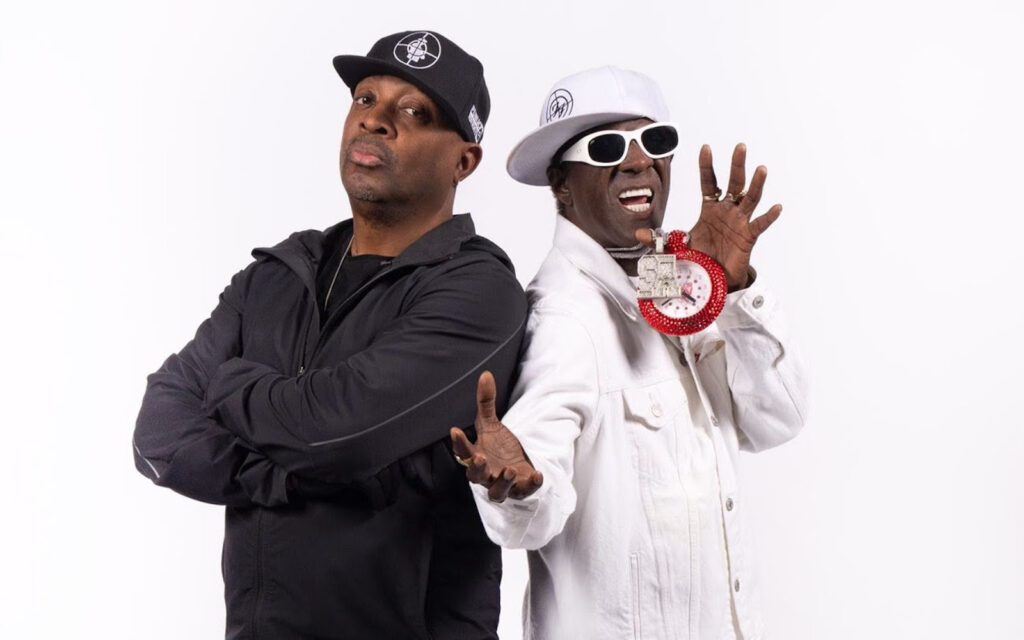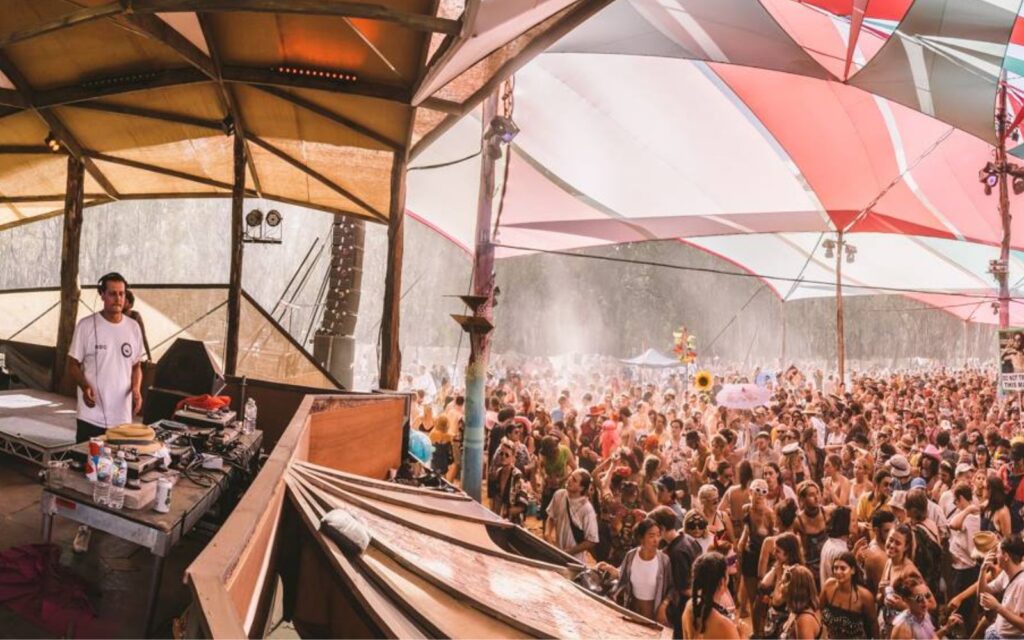Matt Corby is not the pretty boy from Australian Idol . He was once, sure.
Matt Corby is not the pretty boy from Australian Idol . He was once, sure. As a sixteen-year-old, he stared earnestly into the camera and batted his long lashes while singing The Blower’s Daughter , and tween hearts across the country exploded in a bloody fury. Simultaneously, both critics of Australian Idol and pretty boy haters across the country developed an impersonal scorn for the dreamy young performer.
“I paid more attention to the negative attention I was getting,” Matt admits. “With Idol, there are people that really appreciate what you do and there are people that really hate what you do… they just hate you,” he grimaces. “I paid more attention to that than anything else,” he admits.
By the end of his Idol run (he came second), Matt could barely leave the house. He describes the months following the finale as the heaviest period of his life. Emerging from the microscopic reality TV bubble, where cameras followed him around constantly, digging into every corner of his life and editing it to fit a commercial, Justin Bieber-esque mould, he found that ordinary life had shifted in a fairly unpleasant way.
“I used to walk down the street where I live and people would yell stuff at me out the window of their cars. I was really young, you know,” he reflects. “I would think, ‘Man, I’m just trying to eat my lunch, don’t abuse me.’ I thought hadn’t done anything wrong by these people, I was just trying to keep my head down and I didn’t understand what I’d done to cop this abuse,” he shrugs. “Obviously, it was magnified a million times in my head. When you’re seventeen, you think the whole world revolves around you, so I thought my whole life was down the drain. I thought I’d wrecked it, as far as music went.”
When he did start writing songs again, Matt used them as a kind of agonising teen therapy. “They were very dark, bitter songs that went for about seven minutes,” he laughs. “All verse, with maybe one line for the chorus. They were just horrible.”
They sort of did the trick, though. He started to regain his confidence as a songwriter, and when friends asked him to play uncredited support slots, he thought it was probably worth another go. Matt had started gigging when he was fifteen – there was life before Idol, he figured, so there might be life afterwards too.
One of the major turning points, he recalls, was when he played with Canadian artist Joel Plaskett in Sydney. “There was a reviewer there and he sort of gave me these really back-handed compliments,” he smiles, “He kind of said, ‘This kid’s alright, but he’s kind of fucked it ‘cause of Idol.’ I thought, ‘He thinks I’m alright!’”
The other major eye-opener for the still-young artist was the reception he got when started playing in London. For better or worse, no one knew who he was. There were no preconceptions, no baggage. Matt began to realise how big the world really is, or more specifically, how small Australian Idol is in the scheme of things. He fell in with a group of like minded musicians, including Ben Lovett (Mumford & Sons) and Kev Jones (Cherbourg), who signed him onto the roster of their fledgling label, Communion, and started to appreciate how great it is to be respected as an artist.
Earlier this year, Matt Corby released his first Communion single, the very delicate indie folk track Light Home. A truly beautiful song, it showcased a song-writing talent that seemed mature beyond his years, and a taste for music that sits outside of easy indie pop trends.
“I never listened to contemporary music,” Matt admits, “I always listened to older stuff. My dad loved Cat Stevens, Nick Drake and Jeff Buckley. I just thought it was cool, that old folk music. All the new stuff that was coming out didn’t really make sense to me. If you listen The Beatles, or Crosby, Still, Nash and Young, or Buddy Guy, and you think, ’why isn’t this music being made today,’ you know?” he asks.
“I didn’t try and emulate that, but I had it in the back of my head every time I was writing a song. I didn’t want to write something that adhered to a trend because that stuff is constantly wilting. As soon as you write it, it starts to go out of fashion.”
When he came to write his EP, Transition To Colour, he reached for the same timeless aesthetic. He crafted gentle but ambitious songs, full of delicate layers and vulnerable lyrics. Yet again, he succeeded in writing music that sounds like it came from a much older artist.
“I just want to write music that I want to play,” Matt says. “For a nineteen year old I guess I’ve lived quite a bit. I’ve lived out of home since I was young. And I don’t know if my music sounds mature to everyone, but it’s the only way I know how to write.”
Recording with Ian Grimble (The Libertines, Seasick Steve) in London, Matt also felt like he was finally ready for people to hear his voice again. He masked it on Light Home, he admits, and there’s a lot of vocal layering on Transition To Colour, but he’s really pushed himself to use his voice as an instrument this time around. It’s because, he says, the vestiges of regret from his exposure on Australian Idol are finally fading away.
“I don’t know if it will ever pass completely,” he says. “Some things are forever. But the thing is, most people don’t really care. The industry doesn’t care, and real music lovers don’t care. ‘Idol’s shit’, you know; whatever. But I want to play my music and have people love it, almost in spite of Idol. It’s one of those things; I can never say I wish I never did it, or I’m glad I did it, because everything that’s happened has happened because of that show, one way or another.”
